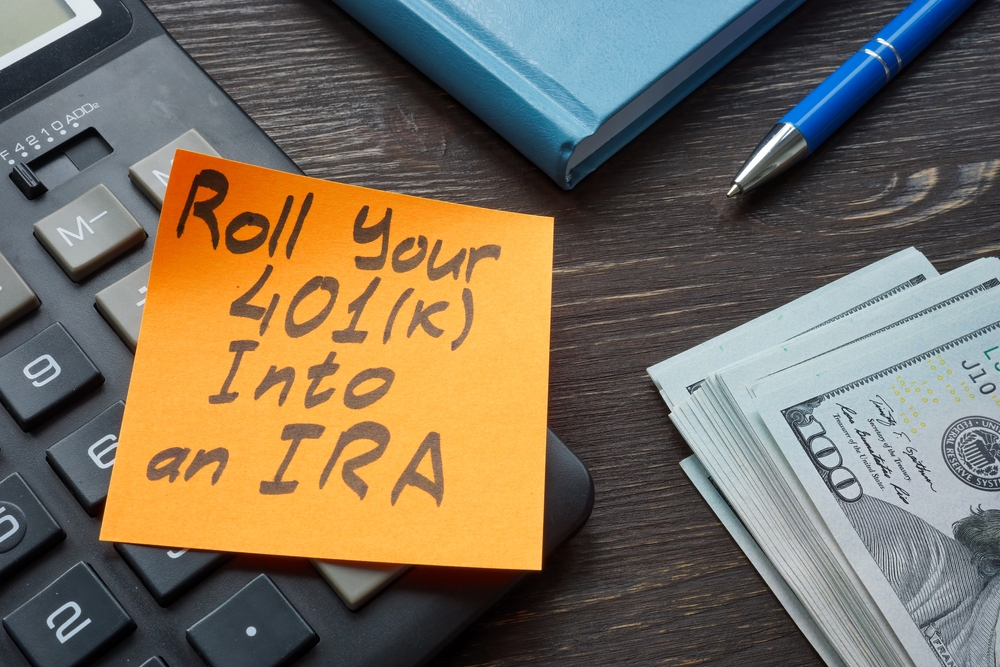Bear markets and economic downturns are nerve-wracking. And in some cases, they’re downright painful. But economic cycles should be expected. If the financial news has you reaching for the blood pressure meds, here’s what to keep in mind.
1. Don’t panic
People tend to make their worst investment decisions when things look like they’re going very, very poorly, and when things look like they’re going very, very well.
But as Warren Buffett famously quipped, “Be greedy when others are fearful, and fearful when others are greedy.”
Whatever happens in the stock market, or anywhere else in the economy, don’t panic. Maintain your emotional balance. Don’t overreact — whether the news is good or bad.
2. Check in with a financial professional
Studies such as the “DALBAR Quadrennial Investor Review” find that investors who go it alone typically see lower returns than people who work with a financial professional like us, and typically underperform the stock market itself.
3. Assess your risk tolerance
This is another area where a financial professional can help you. Do the recent stock market declines leave you lying awake at night, worrying about your portfolio? If so, you might want to make some modest changes.
Again, don’t overreact. Just trim the sails a bit.
4. Diversify
Depending on your situation, you may want to consider beefing up your portfolio in some more conservative holdings. These may include:
- Cash
- Life insurance
- Income annuities
- Fixed index annuities
- Bonds
- Real estate
You don’t have to go overboard. Even a small allocation to these asset classes can make a difference when the bear strikes.
5. Look for tax-loss harvesting opportunities
When prices fall, you may have an opportunity to do some selling. If you have positions you can sell at a loss, you can sell and claim a capital loss deduction. Your losses can offset an unlimited amount of capital gains, thereby reducing your tax hit.
Once you’ve offset all your capital gains with losses, you can use additional losses to offset up to $3,000 in ordinary income. And you can roll any unused losses forward so you can do the same thing next year.
6. Consider Roth conversions
While things are selling at a discount, convert some of those assets to Roth IRA accounts.
When you do a Roth conversion, you must pay income taxes on any amounts you convert. But since stocks are down, you’ll pay less taxes on those shares. It’s better to do it while your gains are low than when asset prices are high.
Note: You can’t convert 401(k) assets directly to a Roth. But if you’ve separated from the company, or your plan allows, you can do a rollover from your 401(k) to a traditional IRA, and then convert assets in your traditional IRA to Roth assets.
When the economy is at its most volatile, some decisions may seem to be counterintuitive. Don’t be alarmed: That’s a good sign. Stay in control of your emotions — and give us a call for a review and strategy session.


















